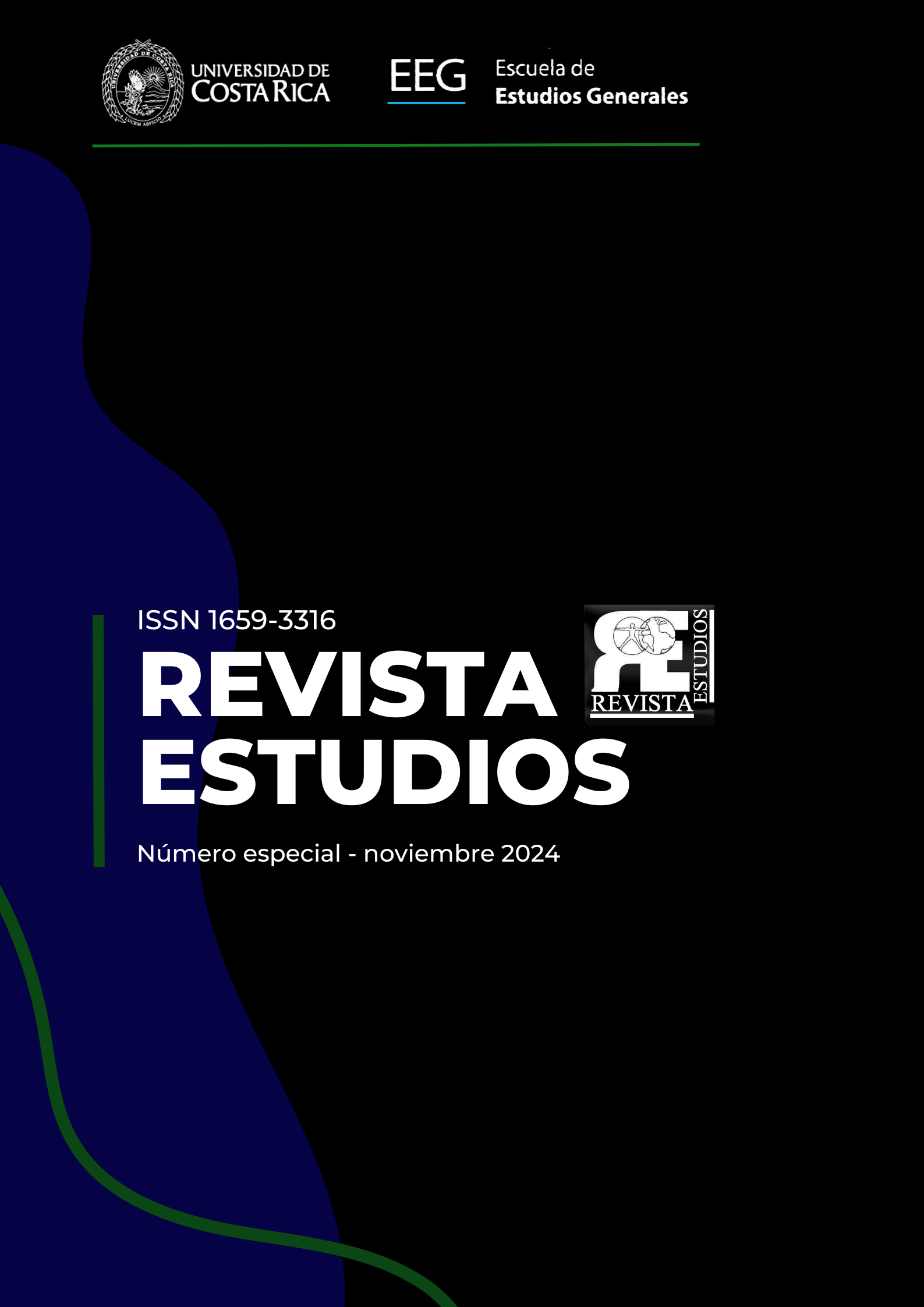Abstract
This text analyzes the experience of a group of university students who receive Philosophy and Thought lessons without using any element of technology, such as cell phones, personal computers, tablets or digital channels, in order to expose the importance of the affective turn in academic reflection. A focus group is held with a topics’ guide as an instrument for collecting information from the participants. It is concluded that, in digital humanism, the affective relationship established between students and technological subsidies is valued.
References
Aragón, E., Delgado-Casas, C., Menacho, I. y Romero, M. (2016). Análisis comparativo entre escritura manual y electrónica en la toma de apuntes de estudiantes universitarios. Comunicar: Revista Científica de Comunicación y Educación, 24(48), 101-107. https://doi.org/10.3916/C48-2016-10
Burdisso, J. (2019). Soy Humana. Homo Sapiens Ediciones.
Cesaretti, L. (2021). Intelligenza artificiale e educaziones: in incomtro tra due mundi. Rischi e oppotunitá. Revista di scienze dell´educaziones, LIX (1), 81 – 98. https://rivista.pfse-auxilium.org/it/riv_abstract.cfm?PUBRIVISTA_ID=1635&tab=8
Enciso, G. y Lara, A. (2014). Ciencia, Teoría Social y Cuerpo en el Giro Afectivo: Esferas de articulación. Quadernos de psicología, 16 (2), 7-25.
Gamboa, L. (2023). El escribir a mano: un camino para mejorar la compresión lectora. Revista Pensamiento Actual, 23(41), 158-165. https://revistas.ucr.ac.cr/index.php/pensamiento-actual/article/view/57660/58383
Hernandez, R., Fernández, C. & Baptista, M. (2014). Metodología de la Investigación. (6ª. Ed). McGraw Hill.
Maritain, J. (1966). Humanismo integral. Problemas temporales y espirituales de una nueva cristiandad. Carlos Lohlé.
Oliver, N. (2020). Inteligencia artificial, naturalmente: un manual de convivencia entre humanos. Ministerio de Asuntos Económico y Transformación Digital de España.
Rumiche, M y Solís, B. (2021). Loe efectos positivos y negativos en el uso de las Tecnologías de la Información y Comunicación en educación. Hamutay. Revista cuatrimestral de divulgación científica, Universidad Alas peruanas, 8(1), 23 - 32. http://dx.doi.org/10.21503/hamu.v8i1.2233
Smith, S. (2007). Spinoza y el libro de la vida. Libertad y redención de la Ética. Biblioteca Nueva.
Spinoza, B. (2013). Ética demostrada según el orden geométrico. Alianza Editorial.
Terrones, A. (2018). Inteligencia artificial y ética de la responsabilidad. Cuestiones de Filosofía, 4 (22), 141-170. https://doi.org/10.19053/01235095.v4.n22.2018.8311
Terrones, A. (2019). Humanismo tecnológico: fundamento para una inteligencia artificial. Revista Pensamiento Actual, 19 (33), 15-24. https://doi.org/10.15517/pa.v19i33.39556
Terrones, A. (2020). Inteligencia artificial, responsabilidad y compromiso cívico y democrático. Revista CTS, 14 (44), 253 – 276. https://www.redalyc.org/articulo.oa?id=92463902013
##plugins.facebook.comentarios##

This work is licensed under a Creative Commons Attribution-NonCommercial-ShareAlike 4.0 International License.
Copyright (c) 2024 Bernardo Castillo Gaitán


